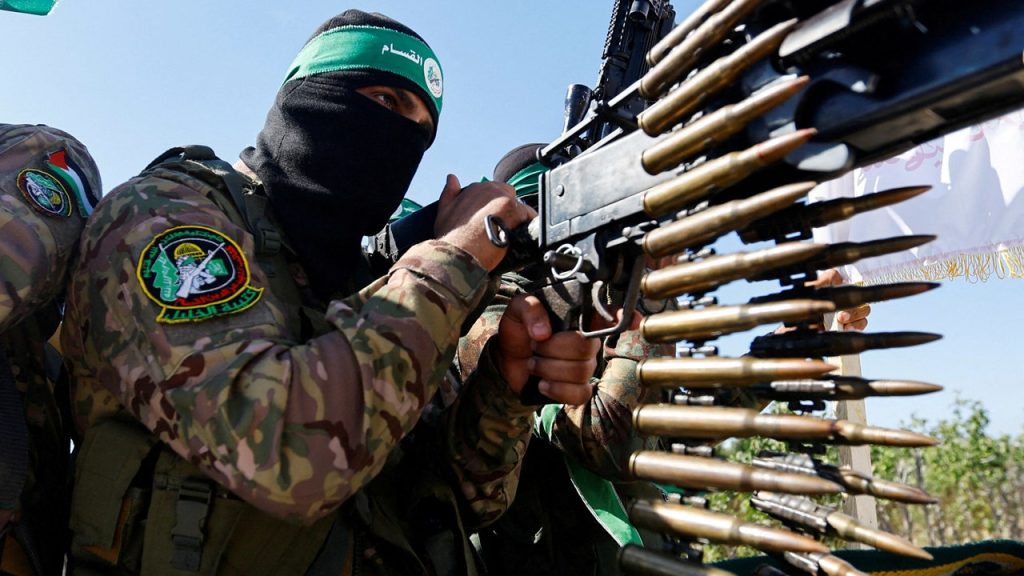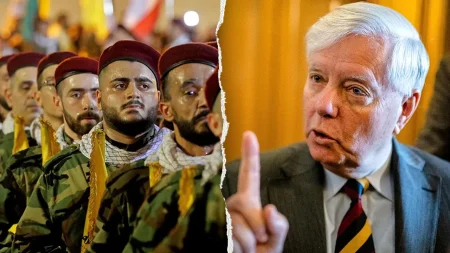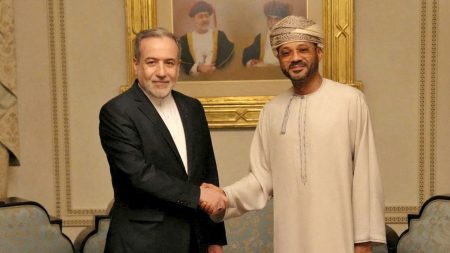Gaza Humanitarian Foundation Suspends Women’s Food Distribution Amid Hamas Threats
In a troubling development from Gaza, the Gaza Humanitarian Foundation (GHF) has been forced to halt operations at a women’s food distribution site following what they described as a credible terror threat from Hamas. This disruption comes at a critical time when humanitarian aid is desperately needed by civilians caught in the ongoing conflict.
The incident occurred Thursday when GHF had served approximately 4,000 of the 5,500 Palestinian women gathered at the distribution site. According to GHF spokesperson Chapin Fay, the situation began deteriorating when military-aged males started gathering nearby, creating an increasingly threatening atmosphere. “At first, small numbers of men appeared to survey the GHF site. Those men began making phone calls, and the group grew to a strength of several hundred,” Fay explained. The organization received real-time intelligence from trusted local sources that Hamas was planning to rush the site, with additional information suggesting Hamas operatives intended to infiltrate the women-only distributions disguised as women. This threat assessment led GHF to make the difficult decision to cancel all women-only distributions across their sites on Friday. Fay emphasized this wasn’t a choice they wanted to make but one “forced by Hamas,” noting the cruel irony that Hamas was endangering the very people they claim to represent—women simply trying to feed their children.
The humanitarian situation in Gaza has grown increasingly complex with Hamas reportedly spreading misinformation about site closures, creating fear and confusion among people dependent on aid. “People are visibly scared,” Fay noted, describing how residents were questioning why anyone would threaten “the only operation feeding people at scale in Gaza.” This isn’t the first time GHF has faced violence—in July, two veterans employed by the organization were attacked with grenades of Iranian origin while delivering aid, weapons commonly associated with Hamas forces. The timing of these increased threats appears connected to the Israel Defense Forces’ offensive against Gaza City, with GHF reporting a 15-20% increase in traffic at their distribution sites over recent days, including many first-time visitors unfamiliar with their processes.
The challenges facing humanitarian aid delivery in Gaza are staggering by any measure. According to the United Nations Office for Project Services, a shocking 5,511 trucks of aid sent into Gaza have been intercepted since May 19, with only 938 trucks—just 14.5% of the total—actually reaching their intended destinations during this period. These statistics highlight the enormous difficulties in ensuring aid reaches civilians rather than being diverted. GHF has called on international organizations and the United Nations to partner with them “so food reaches the people, not Hamas,” underscoring the importance of cooperation to overcome these barriers to humanitarian assistance.
Despite these obstacles, GHF has managed remarkable achievements since beginning operations in May, distributing more than 161 million meals, including 1 million on the day of the reported incident. This scale of aid demonstrates both the tremendous need in Gaza and the potential for humanitarian organizations to make a difference when allowed to operate safely. The interruption of services specifically targeting women is particularly concerning, as women and children often bear disproportionate burdens in conflict zones and frequently have fewer resources or alternatives for securing essential supplies like food and medicine.
The situation highlights the broader complexities of delivering humanitarian aid in conflict zones, where aid itself can become weaponized or politicized by various actors. For the people of Gaza caught between military operations and humanitarian blockades, organizations like GHF represent a vital lifeline. The intentional disruption of these services represents not just a security threat to aid workers but a direct threat to the wellbeing of thousands of civilians who depend on these distributions for survival. As international attention remains focused on diplomatic efforts and military operations, the daily struggle for basic necessities continues for ordinary Palestinians, with humanitarian organizations caught in increasingly dangerous crossfires while trying to fulfill their mission of alleviating suffering.















